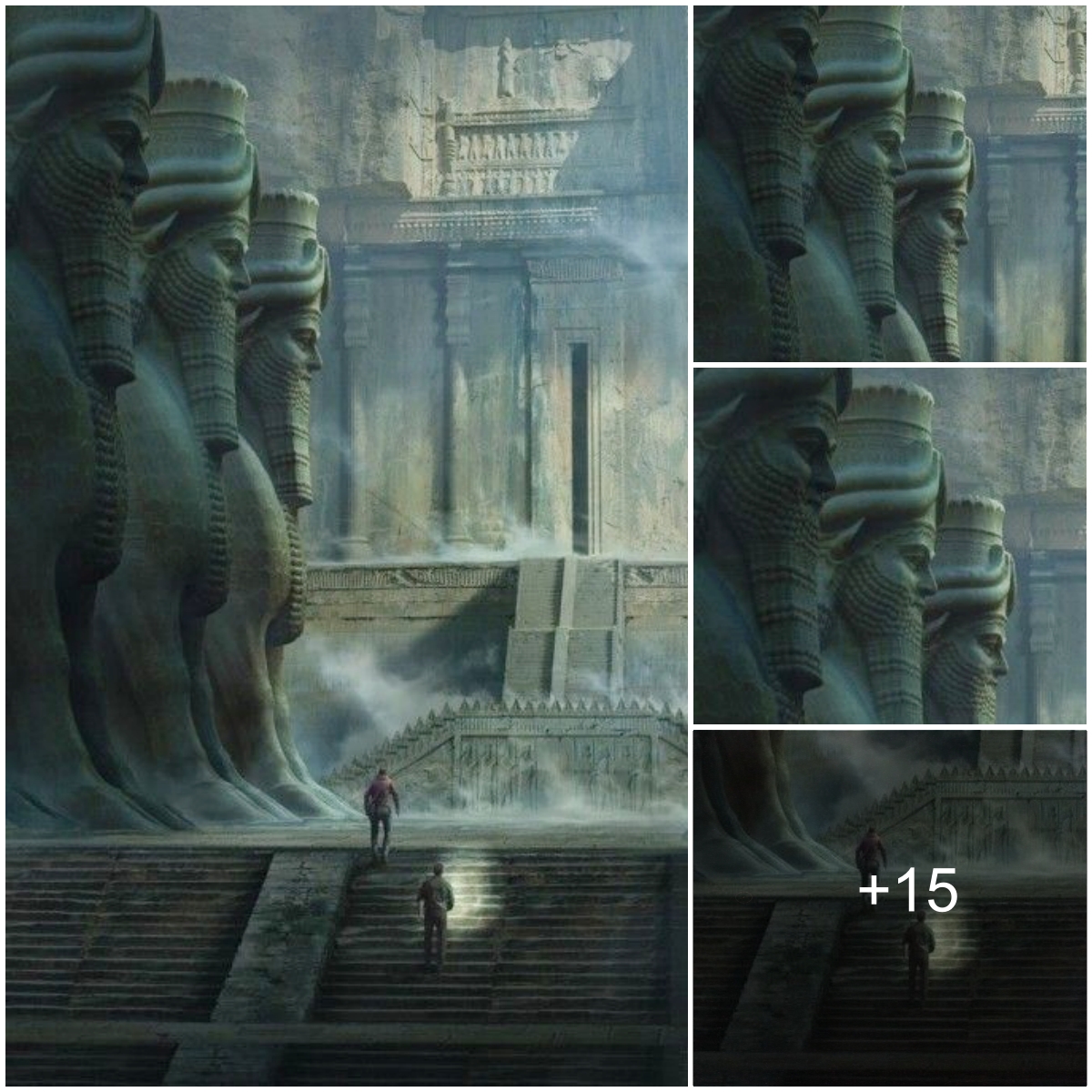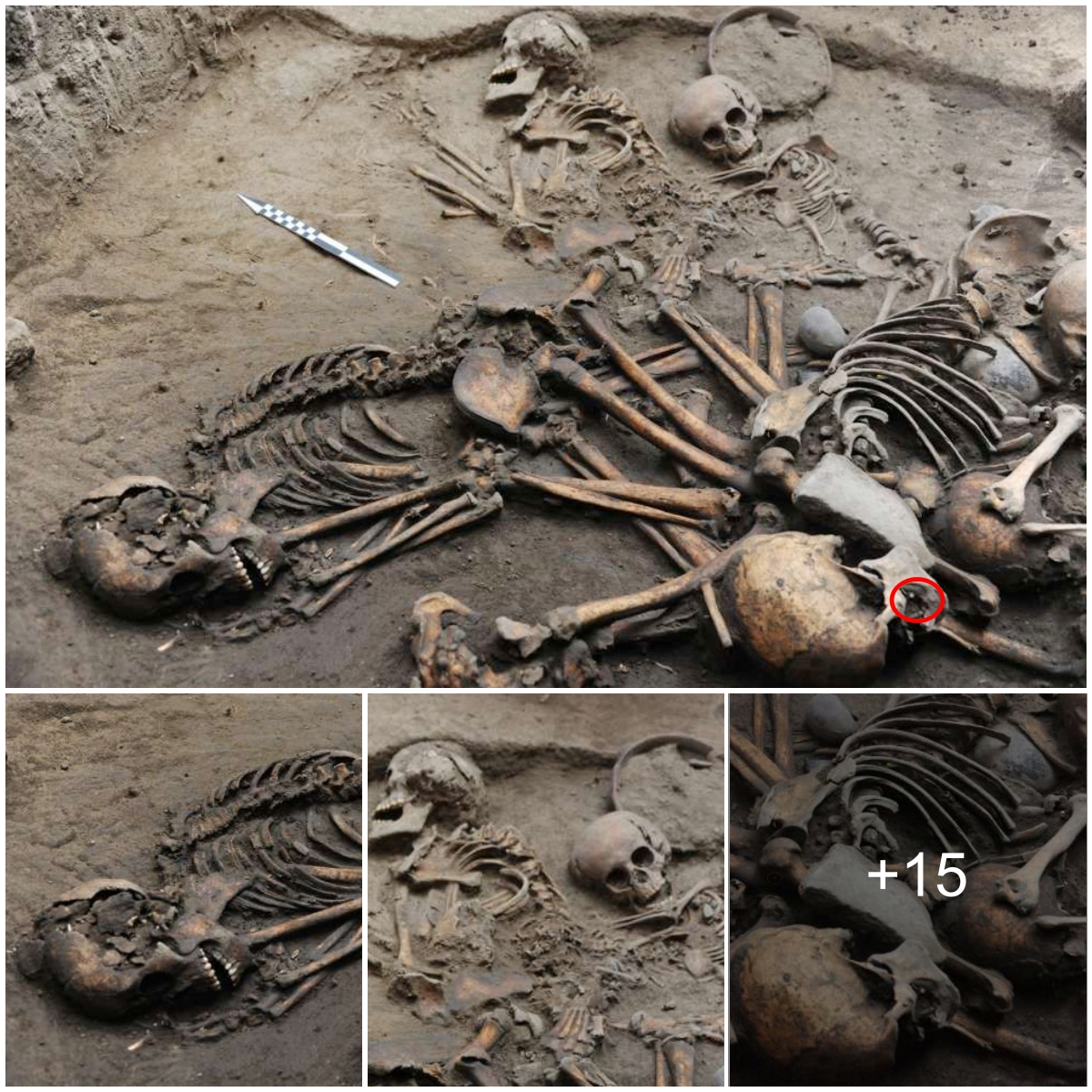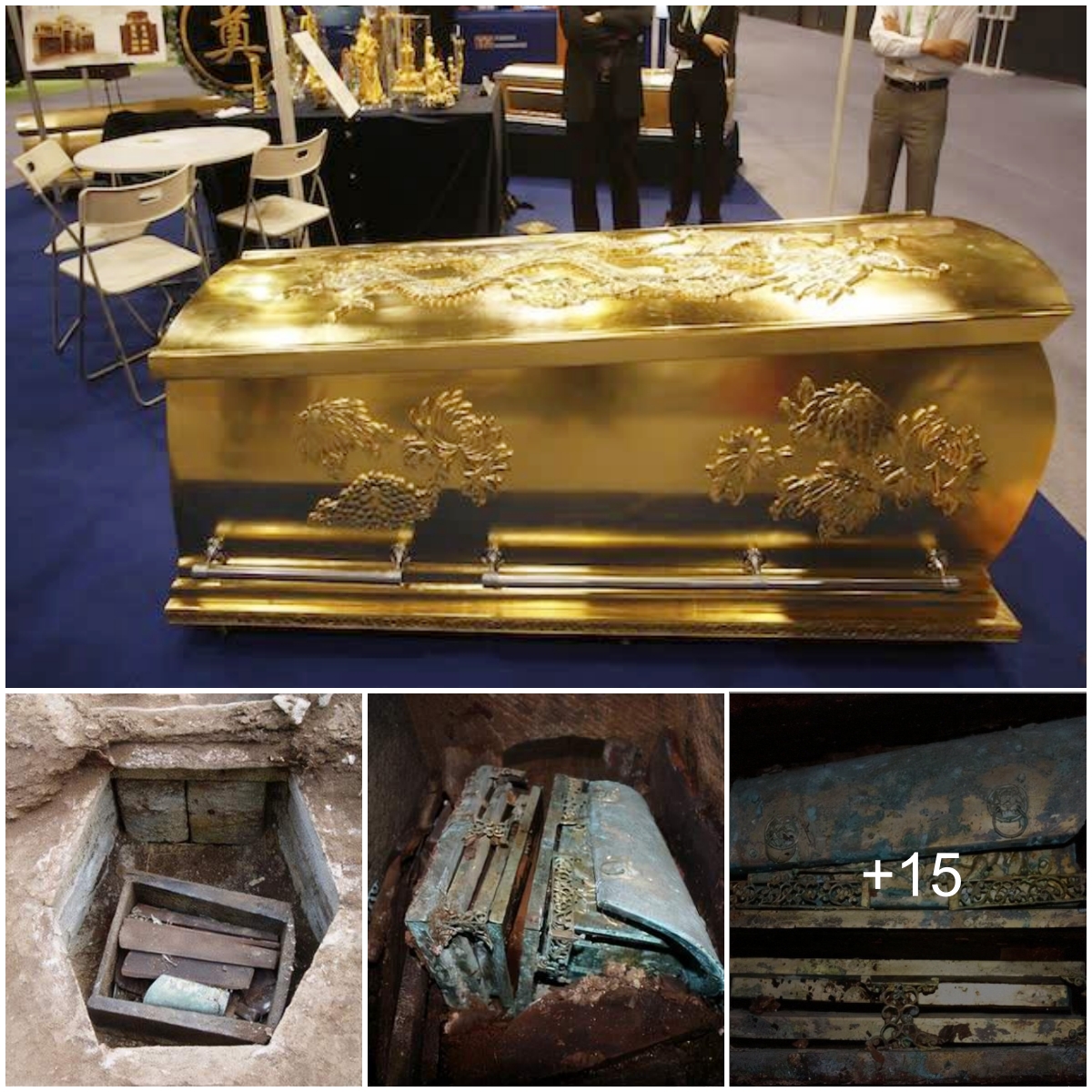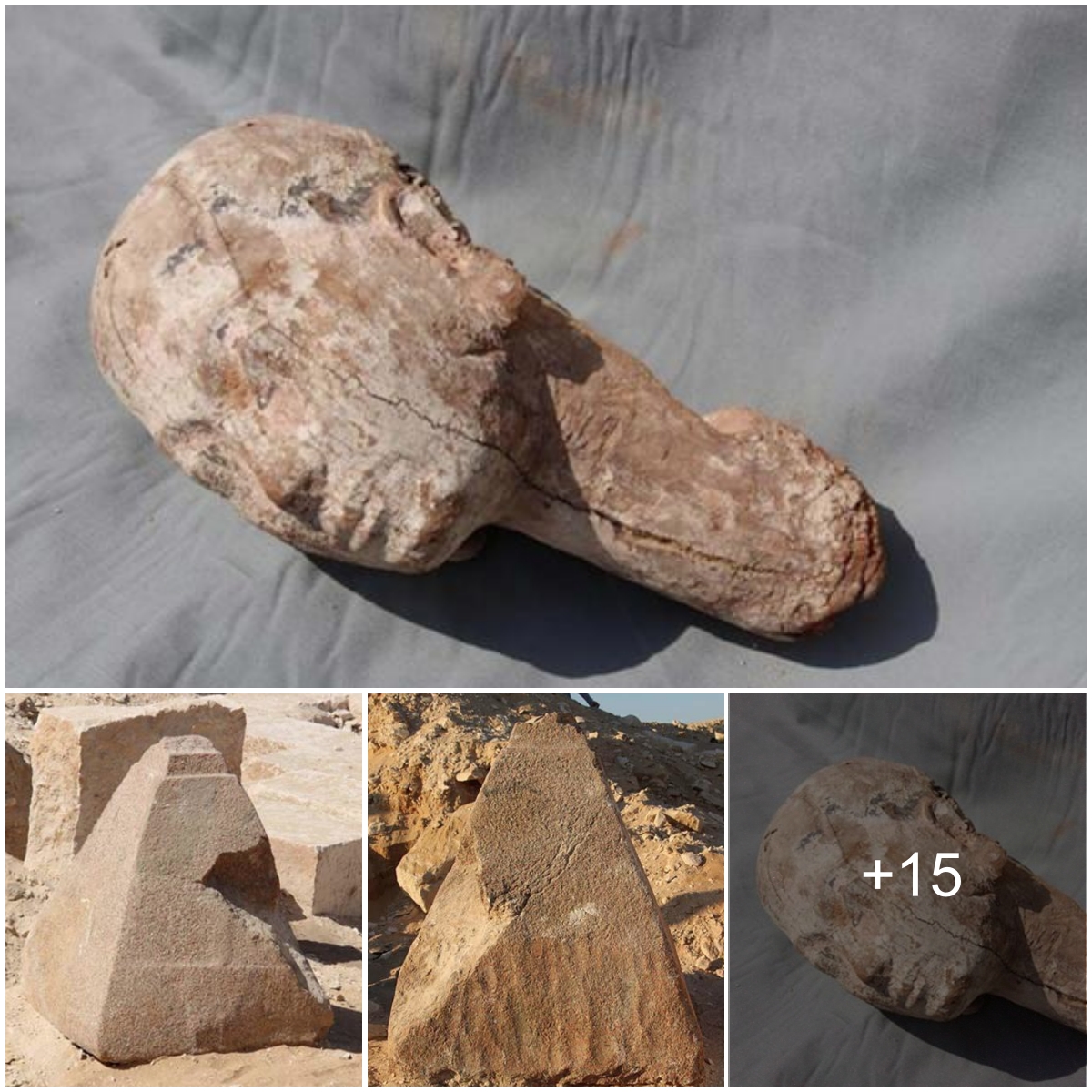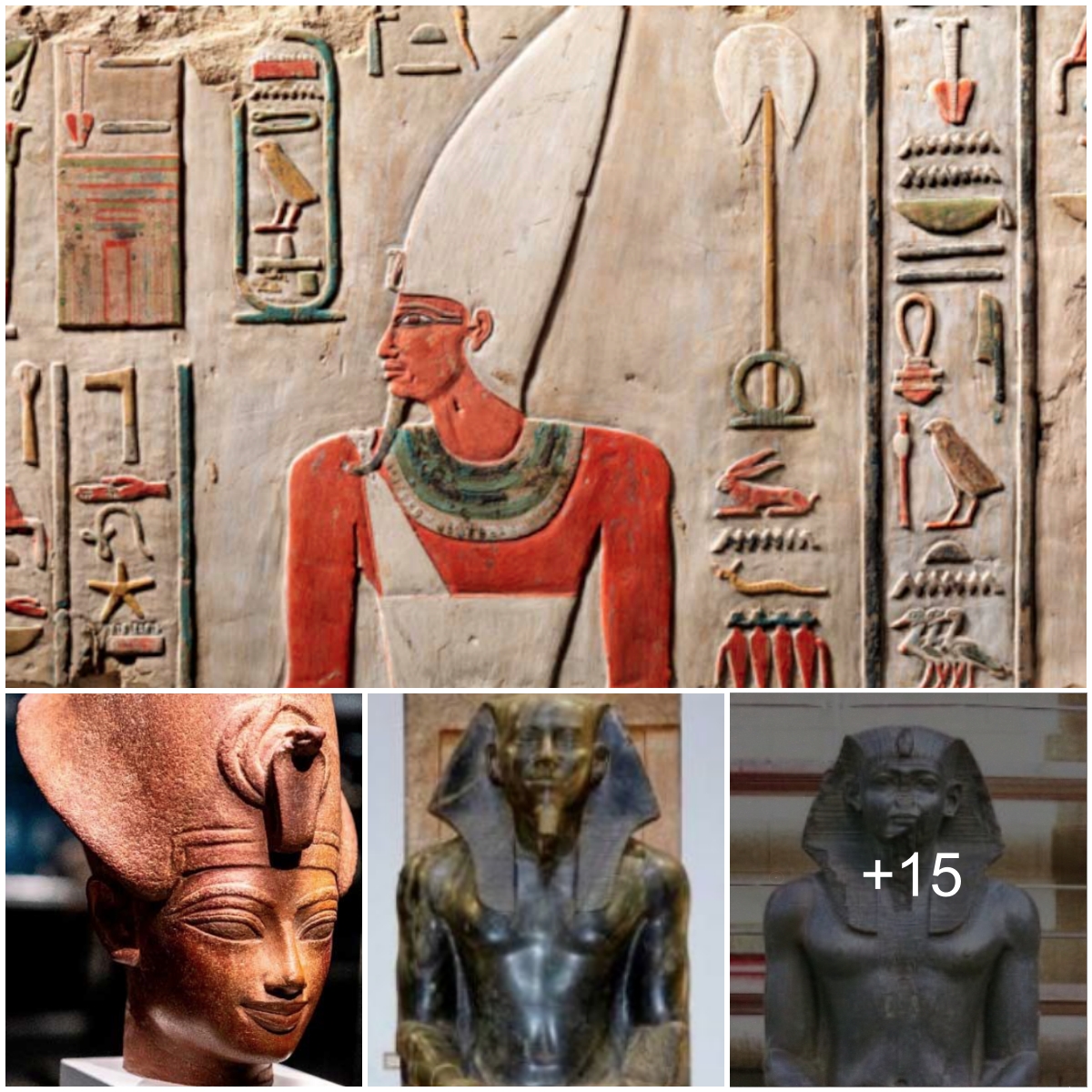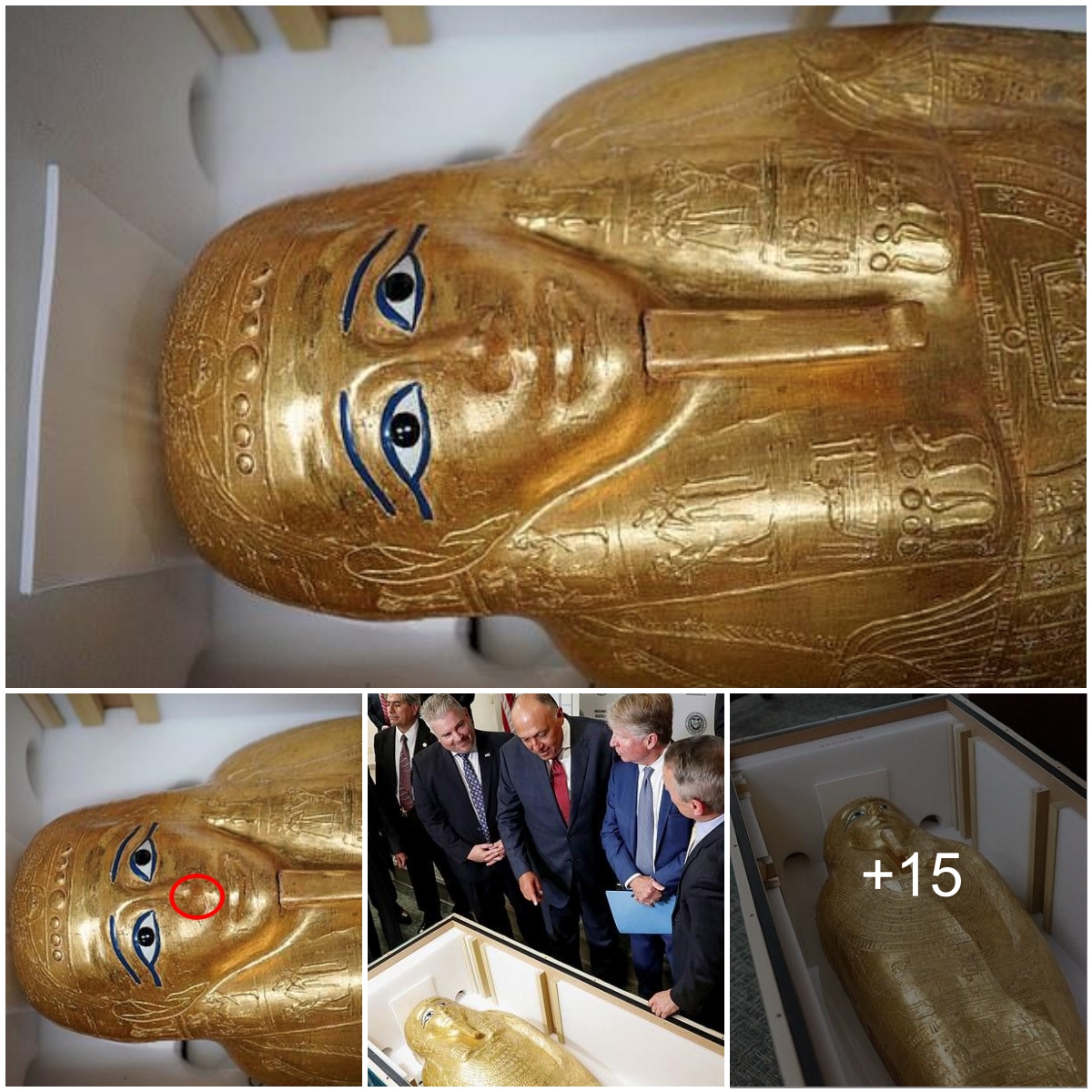RESEARCHERS have uncovered hundreds of wine jars from around 3000 BCE.
The discovery was made in Upper Egypt, about 10 km from the Nile River, by archaeologists from the University of Vienna.
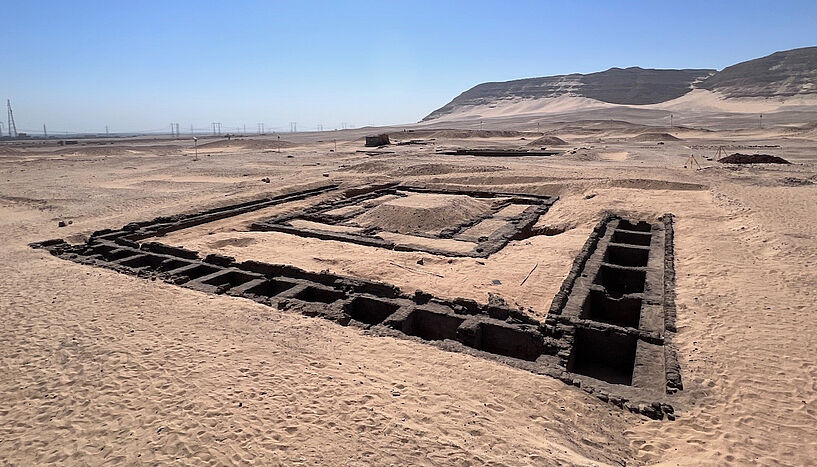
Researchers have uncovered hundreds of wine jars from around 3000 BCECredit: EC Köhler
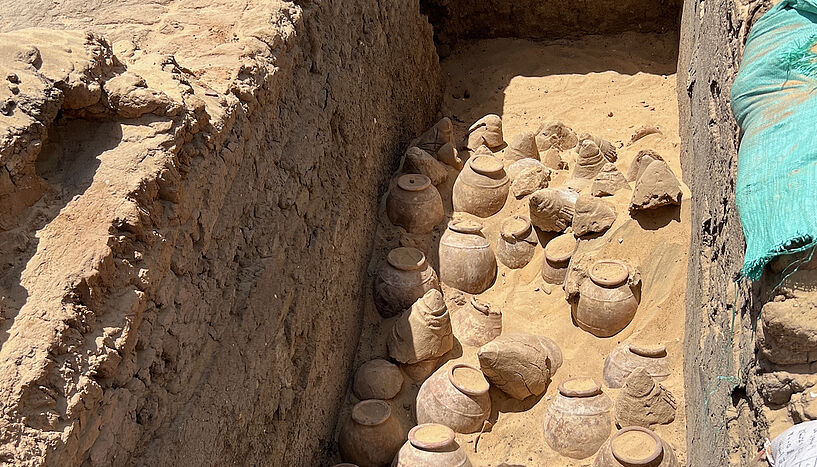
Some of the wine jars were unopenedCredit: EC Köhler
Specifically, the team of international scientists unearthed the jars of wine in the tomb complex of Meret-Neith at the royal necropolis of Abydos.
Merei-Neith is said to have existed around 5,000 years ago and served as Egypt’s queen at around 2950 BCE.
The fact the queen was buried with such a large amount of wine, some of which was still sealed, could indicate her great wealth and importance at the time
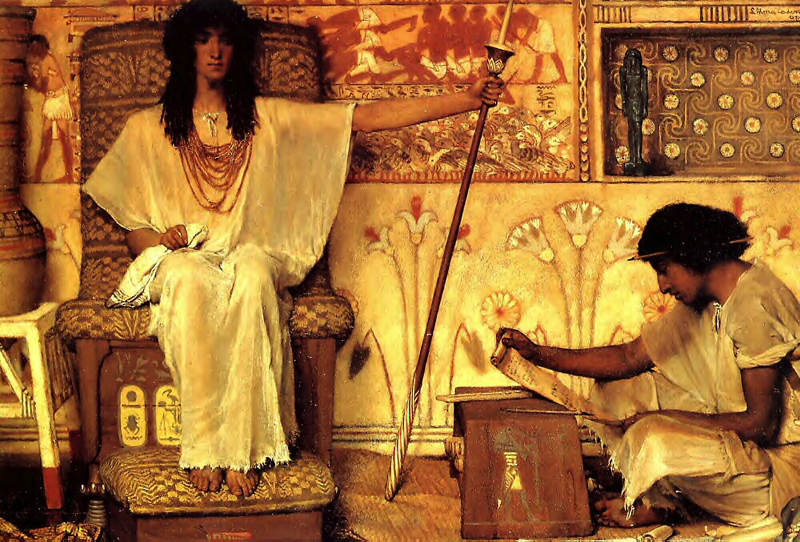
Some archaeologists believe she may have even served as the first female pharaoh of Egypt.
Alongside the jars of wine, scientists also uncovered grape seeds and remains of the wine that were once held by them.
Researchers further unearthed inscriptions that stated Meret-Neith was responsible for important offices like the royal treasury.
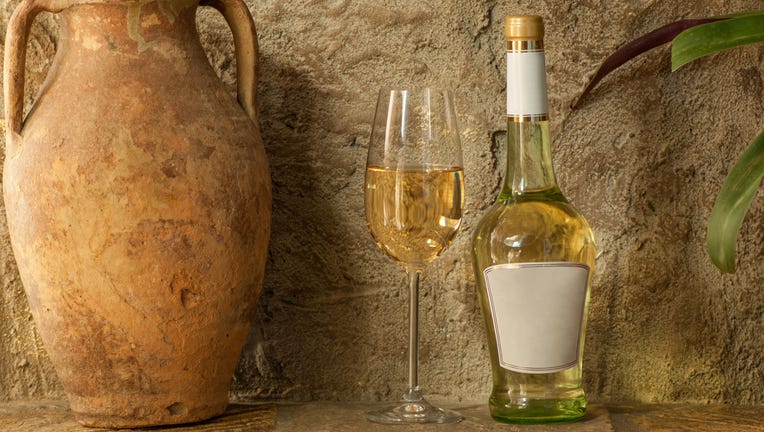
The team used new archaeological technology to better understand the way Meret-Neith’s monument was built.
Developed using brick, clay, and wood, the complex includes the tombs of 41 courtiers and servants who were interred with her.
Analysis showed that the queen’s monument was not all built at the same time but in intervals.

Other research also suggests that the courtiers and servants were buried with the queen as an honor.
The queen’s tomb was first uncovered by British Egyptologist Sir Flinders Petrie in 1899-1900.
“Queen Meret-Neith was probably the most powerful woman of her time,” University of Vienna archaeologist Christiana Köhler said.
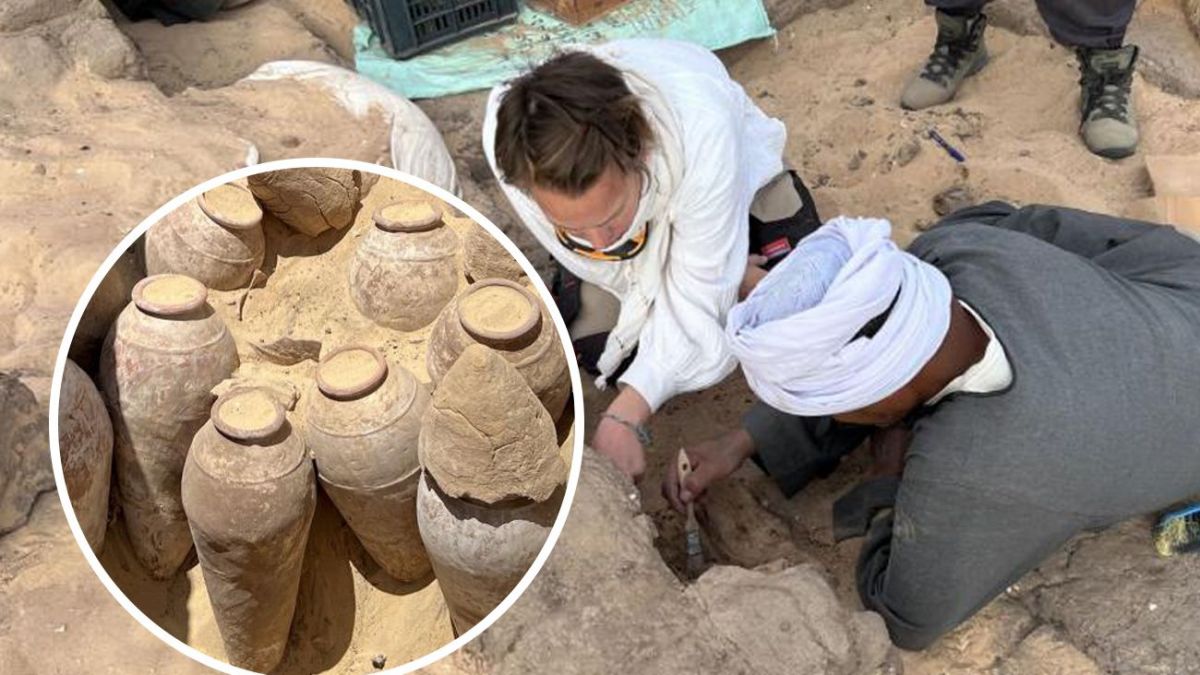
“Today’s researchers speculate that she may have been the first female pharaoh in ancient Egypt and thus the predecessor of the later Queen Hatshepsut from the 18th dynasty,” she added.
“Her true identity remains a mystery.”
